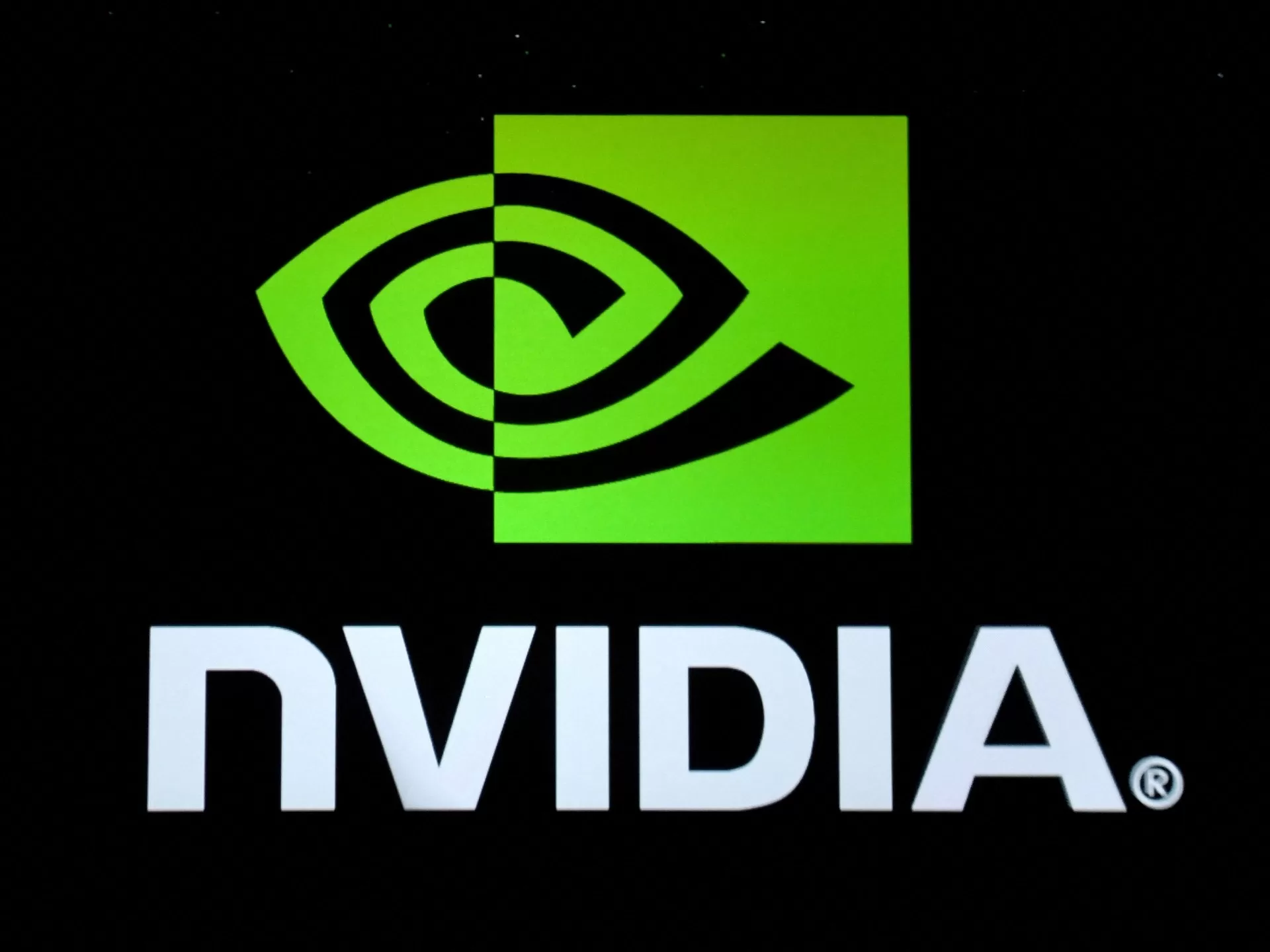Top executive says AI likely to affect healthcare more than any other area of life.
Kimberly Powell, vice president of healthcare at Nvidia, said on Wednesday while it is still “early days”, healthcare will probably be more affected by AI than any other area of life.
“Healthcare is probably the most impactful utility of generative AI that there will be,” Powell said during Nvidia’s AI Summit, held on the sidelines of the Computex expo in Taipei.
Powell said AI is already making its mark in the field of developing and testing new drugs, which can take up to 15 years and cost up to $2bn under current timeframes.
“We care about fast and fast means in this industry, that we’ll be able to do more, and we know that drug discovery is essentially an infinite problem. You’re looking at a chemical space and 10 to the 60th power potential chemical compounds,” Powell said.
“This is essentially an infinite compute. Probably, the only way to intelligently search that space is through generative data.”
Powell said AI could be used for modelling to help researchers understand how the body might interact with new chemical compounds, which could help reduce the prevailing 90 percent failure rate of most drugs in clinical trials.
“With generative AI, we’re going to be able to not only generate more ideas and predict with better accuracy, but we’re also going to be able to model biology in new and exciting ways so that when we put a new chemical entity into the clinic, we have a higher success rate,” she said.
Nvidia, the world’s third-biggest company by stock value, has made healthcare a major focus of its business as it seeks to capitalise on the myriad future applications of AI.
The California-based startup has developed a suite of platforms, software, and medical devices to assist health practitioners in areas such as digital imaging, diagnostic scans and robot-assisted surgery.
In March, the company announced deals with Johnson & Johnson and GE Healthcare on the use of AI in surgery and medical imaging, respectively.
Powell said similar technology is already being used in self-driving cars to turn raw information into real-world decision-making.
“If you think about an ultrasound, or even robotic surgery and self-driving cars, they’re not that different. There’s lots of sensor data coming in, so there are real-time decisions being made,” she said.
Generative AI will also be crucial in postoperative and follow-up medical treatment stages, such as when compiling a post-treatment report with patient data or reviewing a past surgery to assess its success, Powell said.
“There’s six to 12 people in that room operating and making decisions in real-time. And then, just like sports – a lot of athletes do this at the end of the game – surgeons also go back and look at the surgery to understand what they could have done better,” she said.
“You can imagine how generative AI is going to have really important utility in every stage of surgery.”
Nvidia’s graphics processing units have fuelled a boom in AI investment, turning the once little-known startup into a nearly $3 trillion company in a few short years.
Generative AI exploded into the mainstream last year with the release of OpenAI’s groundbreaking app ChatGPT, generating a flurry of excitement and concern about the technology’s potential applications.
